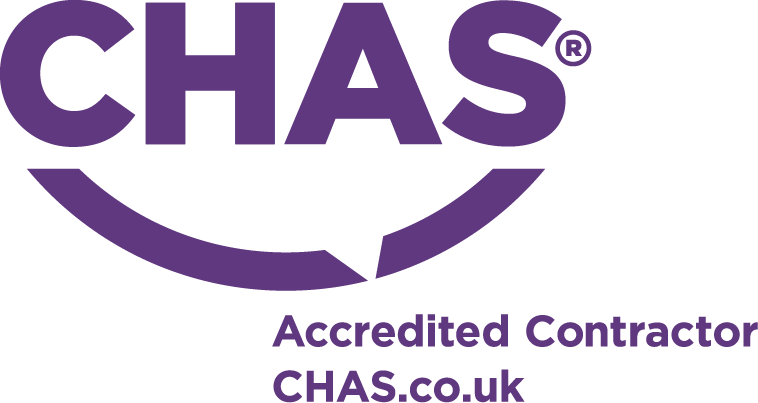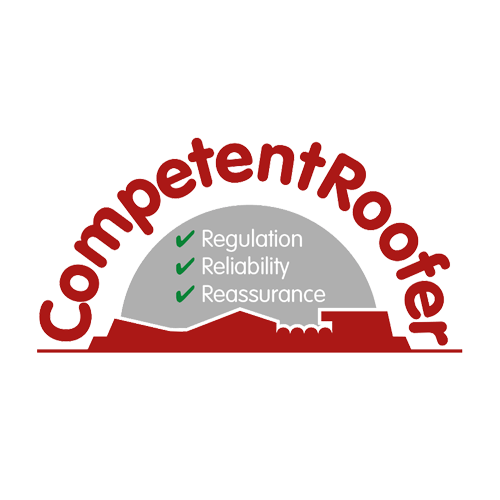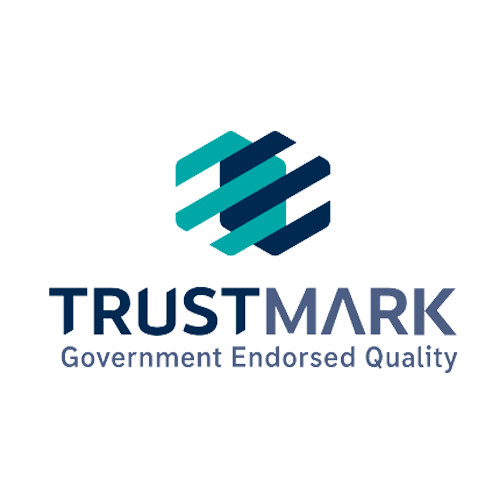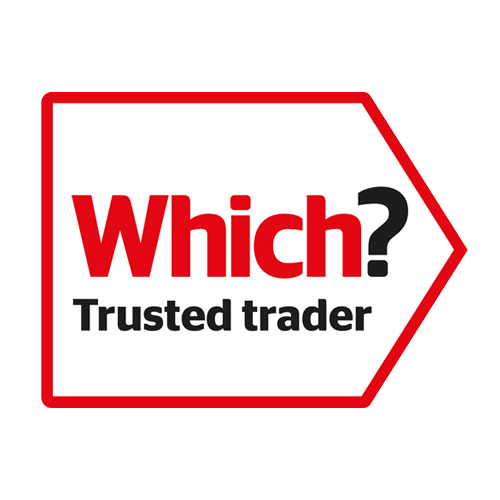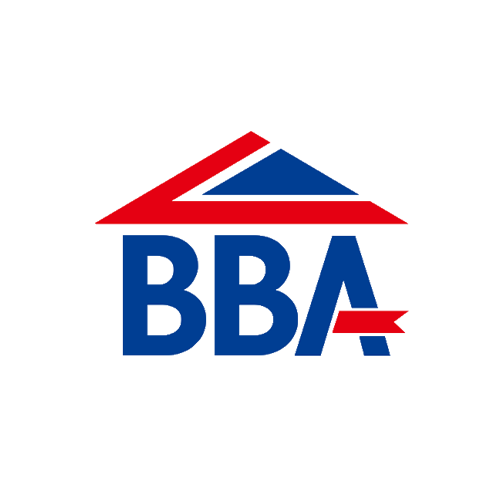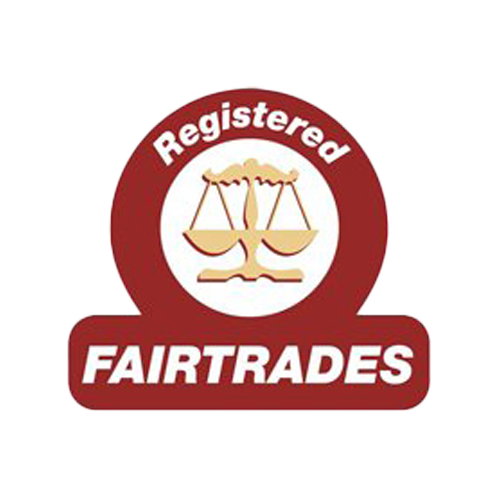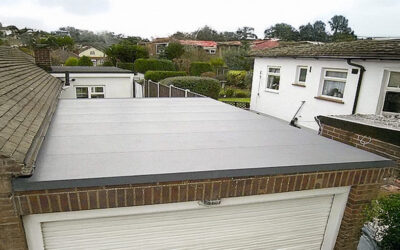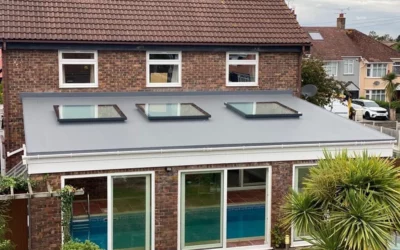Spotting a rogue trader flat roofer is crucial to avoid potential scams, poor workmanship, and financial losses. Here are key indicators to help you identify and steer clear of unreliable or fraudulent flat roofers:
1. Lack of Credentials:
A legitimate flat roofer should have the necessary credentials and qualifications. Be wary of individuals or companies that cannot provide proof of licensing, insurance, or membership in reputable trade associations. Legitimate professionals are proud to showcase their qualifications.
2. Unverifiable References:
Requesting references is a common practice when hiring a roofer. Rogue traders may provide references that are unverifiable or even fictitious. Always cross-check references by contacting previous clients directly or checking online reviews from reliable sources.
3. Pressure Tactics:
Beware of roofers who use high-pressure sales tactics. Rogue traders often create a sense of urgency, insisting on immediate decisions without giving you the time to conduct proper research or seek other quotes. A reputable roofer will provide information and allow you the time needed to make an informed decision.
4. Doorstep Cold Calls:
Be cautious if a flat roofer shows up uninvited at your door, offering unsolicited services. Legitimate professionals typically rely on referrals, online presence, or marketing efforts rather than resorting to doorstep solicitation.
5. No Written Contracts:
A reliable flat roofer will always provide a detailed written contract outlining the scope of work, costs, and timelines. Rogue traders may avoid written agreements or provide vague contracts that leave room for hidden charges and disputes.
6. Poor Communication:
Communication is key in any construction project. If a roofer is difficult to reach, does not respond promptly to inquiries, or lacks clarity in their communication, it may indicate unprofessionalism or an intention to evade responsibility.
7. Unrealistic Low Quotes:
While cost is a factor, be cautious of quotes that seem too good to be true. Rogue traders may lure customers with exceptionally low prices only to increase costs later through unexpected charges or shoddy work that requires additional repairs.
8. Lack of Portfolio or Examples of Work:
A reputable flat roofer will have a portfolio showcasing previous projects or, at the very least, examples of their work. If a roofer cannot provide evidence of past successes or refuses to share examples, it’s a red flag.
9. Unprofessional Appearance and Equipment:
The appearance and equipment of the roofing team can reveal a lot about their professionalism. Legitimate roofers wear uniforms, have branded vehicles, and use quality tools. A lack of professionalism in appearance and equipment may signal a rogue trader.
10. No Physical Business Address:
A legitimate roofing company should have a physical business address. Be cautious if a roofer provides only a mobile number or a vague location. A stable, established business will have a verifiable address.
11. Lack of Reviews:
When looking for a flat roofer, it’s important to pay attention to the customer reviews they showcase. Companies that openly display customer reviews and testimonials are showing that they take pride in their work and want to provide the best experience possible. On the other hand, companies that don’t share customer reviews could be hiding poor experiences or results that customers have had with them in the past.
Conclusion:
In summary, due diligence is your best defence against rogue traders. Research potential roofers thoroughly, check references, and never rush into decisions. A legitimate flat roofer will be transparent, communicative, and have a solid track record backed by verifiable credentials.


